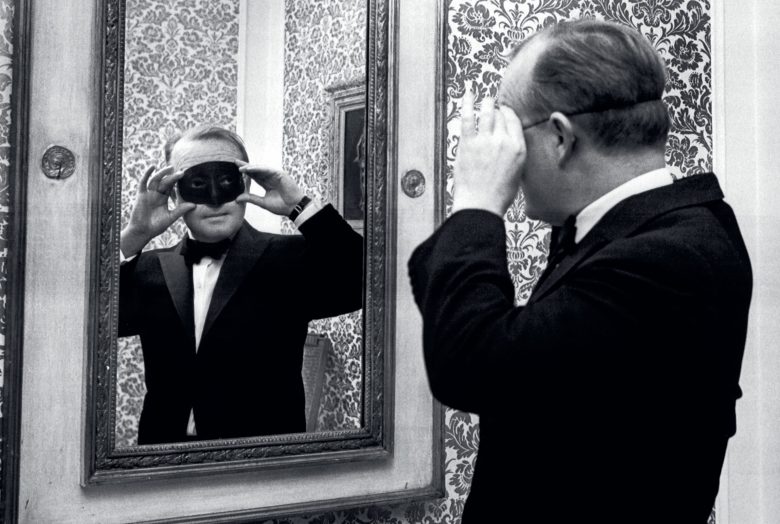
I once picked up a friend at the railway station of an unfamiliar town. As soon as she got in the car, she knew which way we were facing and could direct me out of a labyrinth of contradictory signs. I want you to imagine that starting A-level English literature is like being in a city you know quite well (after all, the subject has the same name); you have been there not that long ago. There will be someone in your class who, like my friend, doesn't need a map. Their first A-level essay will show that they have already got the hang of it. But this is unusual. Most students find the start of A-level English literature tough, as methods that used to get good marks at GCSE aren’t adequate anymore. I have known students give up at this point and choose another subject that seems less challenging. But don’t. All you need is determination and patience, plus a guide to this new, yet in many ways familiar, territory.
It is helpful to consider how A-level English literature differs from GCSE. By identifying and thinking about the differences, you can really make progress. I asked a group of students (now at university) to reflect on their approaches and offer some pointers as you embark on your A-level course. I have included their ideas in my tips. By collaborating with your fellow students and your teacher, and with English Review in your bag or on your phone, you will soon find navigating the subject a familiar experience.
Your organisation does not have access to this article.
Sign up today to give your students the edge they need to achieve their best grades with subject expertise
Subscribe




